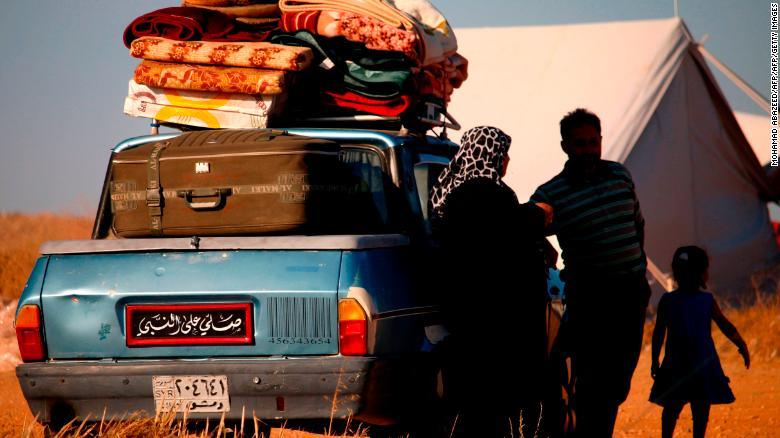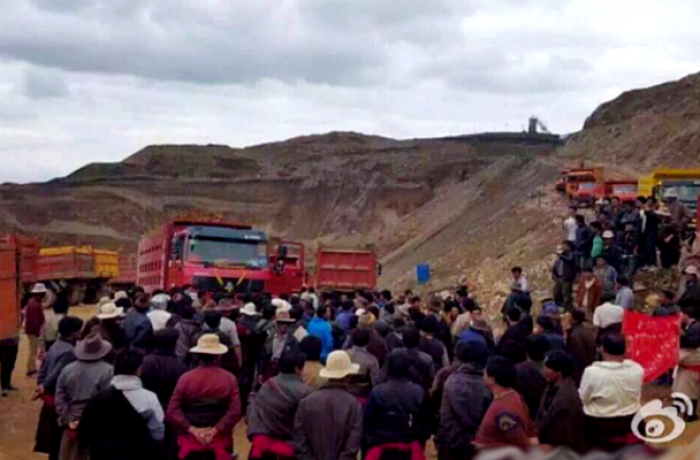Syria

At least 270,000 people—about a third of the population—have been displaced by the Assad regime offensive on Daraa governorate in southern Syria. The UN Refugee Agency (UNHCR) expects the number to rise, with civilians fleeing to the borders with Jordan and the Israeli-occupied Golan Heights—but with both countries refusing to allow entry. The UNHCR said about 164,000 displaced are now in camps and villages in the neighboring small opposition-held governorate of Quneitra, close to the Golan border. The Assad offensive to regain Daraa governorate, where the Syrian uprising began in March 2011, has been backed by Russian air-strikes, violating a “de-escalation zone” Moscow had declared with the US last July. UNHCR noted reports that “suggest indiscriminate attacks on health facilities, schools, civil defense centers, and offices of local NGOs.” (Photo: EA Wordlview)



